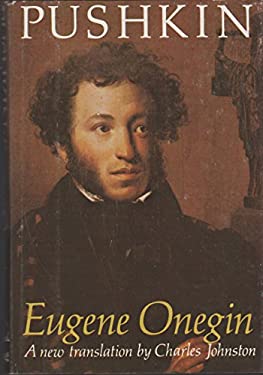
While such Nabokov-inspired festivities remained unprecedented in Russia, Pushkin celebrations had long been a ritualized tradition.

In New York, it was decided to establish a museum and archive dedicated to both Nabokov the author and Nabokov the lepidopterist. Those of Nabokov, including Russian translations of his English-language novels, were published in Russia, and work to restore his legendary familial estate, Vyra, was accelerated. Editions of their collected works were republished. These centenaries saw both authors-the consummate “classic” author and the “classic” author in progress-celebrated at symposia and in countless commemorative speeches. Pushkin was everyman’s poet, whose verses anyone could recite from memory, while Nabokov was an author for the educated, an author’s author. Nabokov, on the other hand, was an author who had returned to Russian literature after a long literary absence. Pushkin was celebrated as Russia’s national poet enormous mass-produced banners emblazoned with his portrait, conspicuous and exhilarating, spanned Moscow’s central thoroughfare, Tverskaya.

The year 1999 marked Pushkin’s bicentennial and Nabokov’s centennial celebration. Particularly prominent in this process was Vladimir Nabokov, whose émigré works reclaimed the Pushkin legacy, and who thereby made his own contribution to the canonization process, as Pushkin’s literary double. The canonization process that produced Alexander Pushkin the “classic” author, and the strain exerted upon the Pushkin “legacy” by subsequent generations of poets, have played a decisive role in Russia’s cultural self-conception.

Eugene Onegin is a highly complex text, featuring self-commentary, meta-textuality, allusions to other texts, and parody, in which pre-Romantic and Romantic European literature is digested and broken down. Alexander Pushkin’s novel in verse Eugene Onegin (1833) overcame thresholds imposed by the conventions of genre and style to become a threshold text itself over the course of its canonization marked by innovation and a sharp break with tradition, it is a text that divides Russian literature into a “before” and “after.” Contemporary literary criticism labeled it an “encyclopedia of Russian society”-a label that, throughout the history of its interpretation, certainly obscured the purely literary encyclopedism of the text.


 0 kommentar(er)
0 kommentar(er)
